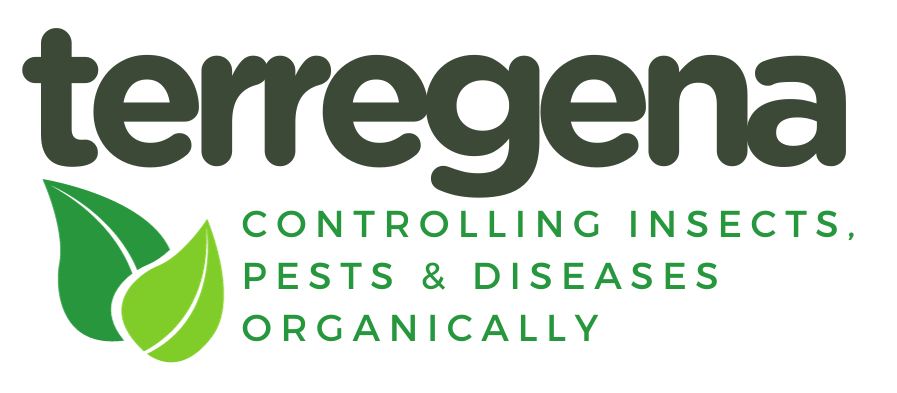
Tomato Crop Disease Control with Beauveria bassiana
Tomato crop disease control is significantly improved with the use of Beauveria bassiana (Bb), a method that greatly enhances the resilience of tomato plants against a variety of diseases. This natural approach to tomato crop disease control not only strengthens the plant’s defenses but also positively affects the Brix rating, a measure of sugar content and overall flavor quality in tomatoes.
For effective tomato crop disease control, combating common issues like blights, wilts, and leaf spots is crucial. Introducing Bb into the soil or via foliar applications equips tomato plants with a strong defense against these diseases. This tomato crop disease control method ensures that the plants are safeguarded from an early stage, diminishing the occurrence and severity of diseases as the plants grow.
Additionally, this strategy for tomato crop disease control also impacts the Brix rating of the tomatoes. As Bb enhances the overall health and robustness of the tomato plants, it results in fruits with higher Brix ratings, indicating sweeter, more flavorful tomatoes. This is especially advantageous for growers focused on producing premium tomatoes, as a higher Brix rating is often linked to greater market value and consumer preference.
The integration of Beauveria bassiana in tomato crop disease control not only offers effective protection against various diseases but also aids in yielding tomatoes with improved Brix ratings, thereby enhancing their taste and market appeal. This dual advantage establishes Bb as an essential component in contemporary tomato farming.
Improve Tomato Crop Disease Control & Increase Your Brix Rating
The Beauveria bassiana in SPE 120 and SBb 2.5 is a PLANT isolate and is considered beneficial fungi.
Seed and Soil Products Protect & Strengthen Plants as They Grow
Direct contact with seed is preferred to assure plant entry at germination. Applied on, under, or atop of seed allows Beauveria bassiana competitive preference to initial plant roots where it becomes a symbiotic entophyte within the plant.
Observed Results

Reports, trials, and research indicate seeds treated with our Biological Seed Inoculant SBb 2.5 with Beauveria bassiana have shown improved performance against:
Potatoes
- Potato Psyllids
- Colorado Potato Beetle
- Rhizoctonia
- Anthracnose
- Early Blight
Wheat
- Wheat midge
- Wheat stem sawfly
Onions
- Onion Maggot
- Onion Thrips
Raspberries
- Spotted Wing Drosophila
Corn
- Mycotoxins
- Fusarium
- Goss’s Wilt
- Anthracnose
- Corn Earworm
- Northern Corn Root Worm Beetle
- Western Corn Root Worm Beetle
- European Corn Borer
Soybeans
- Stem Canker
- Stem Borer
- Fusarium Root Rot
- Common Rust
- Anthracnose
Other
- Leafhoppers
- Pea aphids
- Green peach aphids
- Leaf Miner
- Mites
- Whiteflies
- Squash borer
- Grape colaspis
- Apple maggot
- Plum curculio
- Pecan weevil
- Alfalfa weevil
- Cloverleaf weevil
- Cabbage looper
- Armyworm
- Pink bollworm
- Variegated cutworm
- Black cutworm
- Webworm
- Wireworm
- Japanese beetle
